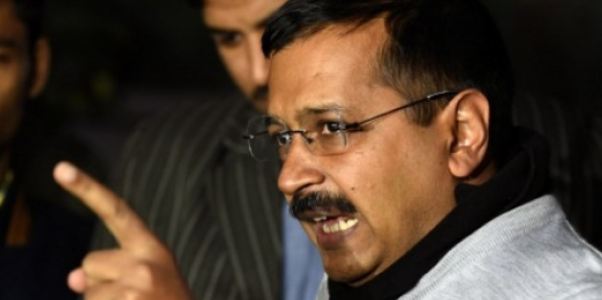The Modi government has been very focused on infrastructure development in the country. It launched many infrastructure initiatives for bettering land, air and water connectivity. To revolutionize air connectivity, the government launched UDAN (Udega Desh Ka Aam Nagrik), which is aimed at making air travel affordable and more widespread to better connect Tier II and Tier III towns and cities. The scheme resulted in the Indian airlines carrying more than 12 crore passengers in the fiscal year of 2017-18 against 6.1 crore passengers in the fiscal year of 2013-14. The compound annual growth rate (CAGR) in the number of passengers is a whopping 19 percent. The Sagaramala project was launched to boost connectivity through water. The project is a $130 billion initiative and aims to set up new mega ports, modernization of India’s existing ports, and development of 14 Coastal Employment Zones (CEZs).
Another milestone of in the infrastructure initiatives of Modi government will be the 82 km long Delhi–Meerut Regional Rapid Transit System (Delhi–Meerut RRTS).The train aims to provide business-class luxury and one coach will be reserved for females, like in Delhi Metro. It will be connected to Delhi Metro and pass through New Ashok Nagar, Anand Vihar, Ghaziabad and Modinagar. The RRT will cover 24 stations in total, out of which 3 will be in Delhi. The travel between two cities will be reduced to 60 minutes and connectivity, frequency, and comfort will be much better. The project is expected to be completed by 2024. The land for the project has already been cleared. The National Capital Region Transport Corporation (NCRTC) will be the executive agency for the project. The housing urban affairs ministry has sent the Rs 31,600 crore to the finance ministry for completion of project. While 60% of the project cost will come in the form of loans from multilateral funding agencies, 20% will come from the Center. The rest 20% was expected to be shared by UP and Delhi governments.
However, Kejriwal led Delhi government first delayed the nod to project and later said no for funding of the Regional Rapid Transit project. The NCRTC, which is the executing agency, estimated the the share of the Delhi government in the Rs 31,902-crore project comes to Rs 1,138 crore. “I write to convey that the Government of Delhi is ready to grant the in-principle approval for the implementation of Delhi-Ghaziabad-Meerut Regional Rapid Transit System (RRTS) corridor. However, GNCTD does not have adequate finances to meet the cost. Therefore, I would urge that Delhi’s share in the project cost may be borne by the Central government,” wrote Kejriwal to central government. Kejriwal has money to spend on aids and campaigns, and samosas except for the infrastructure project. People from east Delhi were expected to benefit most from the Regional Rapid Transit project and Kejriwal’s party won many seats from this area but when it came to do something for these people he backed off.
Connectivity is essential for economic growth of any country and the government backed push for infrastructure development is expected to help the country to achieve its target of double-digit economic growth. The rate of highway construction touched 26 km per day in the period between April to June this year, as against 25 km per day in the same period last year. While Modi government takes infrastructure seriously, Kejriwal government is spending for populist policies to win next election and not focusing on the long term future of Delhi or country.
